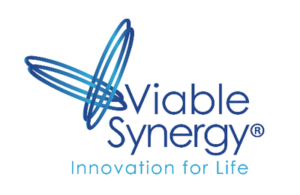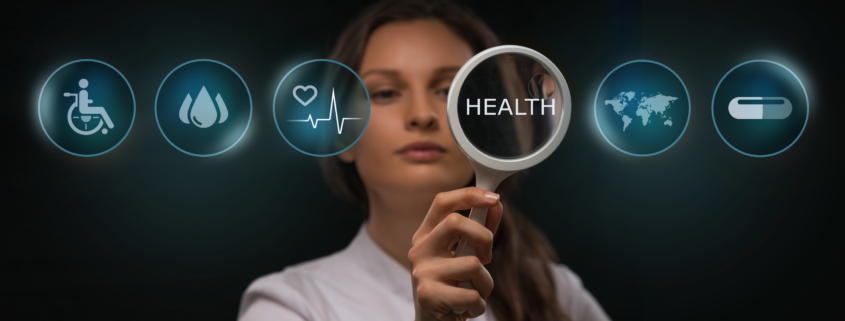Healthcare: It’s time to make it more personal
Improving outcomes for patients by personalizing the experience for patients using Machine Learning and AI.
Today’s healthcare system is built to help people after they have problems. When patients receive treatment, it is based on the average across a huge diverse group of people who have needed to receive treatment for the same thing.
It’s time the healthcare industry becomes more proactive healthcare on personalization.
Some companies are using technology to improve personalization in healthcare by leveraging machine learning – which works even with small amounts of data available on individuals, providers, and treatments.
One company is using ML to provide care recommendations. The CEO and co-founder Zeeshan Syed did his PhD through Harvard-MIT program in Health sciences and Technology. At that time he started to look at myocardial infarction (heart attack) patients, and how they could be better managed. This was personal for him as his father had just suffered a severe heart attack.
Syed and other founders Mohammaed Saeed and David Guttag focused on advanced machine learning to solve some of healthcares hardest problems. The founders knew their technology needed to work with widely available data including prescriptions, tests, diagnoses, health claims & more. Their goal was to build tools which would consolidate all of the raw data into processable pieces which Guttag referred to as “full machine-learning stack for healthcare”.
One of the first models by the company helped to recommend skilled nursing facilities for post-acute care patients. Many of these patients would end up back in the hospital from poorly managed post-acute care – but their model helped match them with facilities that would effectively manage their health to avoid hospital readmission.
Innovation Station by Viable Synergy takes a similar approach in personalized information delivery. By engaging patients in a personalized way between visits you can effectively improve patient experience and knowledge helping educate them and keeping them healthier.
To read the original article from MIT news click here.



